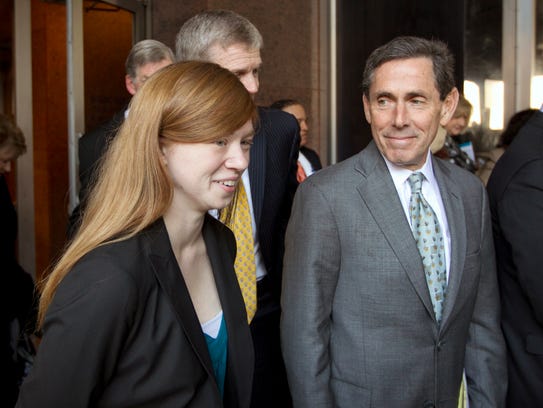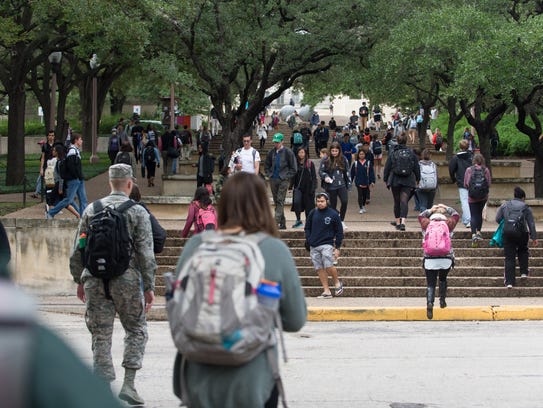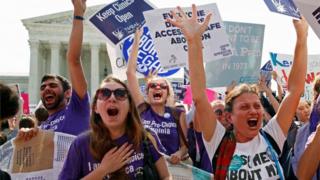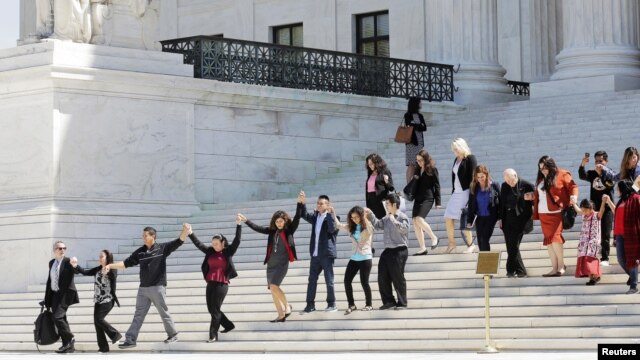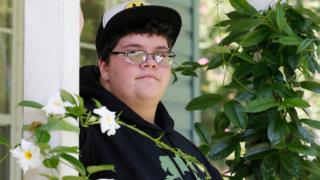waltky
Wise ol' monkey
- Thread starter
- #61
Seattle business lose challenge to minimum wage law...
Supreme Court rejects challenge to Seattle minimum wage law
Mon May 2, 2016 - The U.S. Supreme Court on Monday rejected a challenge by business groups to Seattle's law raising its minimum wage to $15 an hour, a move echoed by other locales, in a case focusing on how the ordinance affected local franchises like McDonald's.
Supreme Court rejects challenge to Seattle minimum wage law
Mon May 2, 2016 - The U.S. Supreme Court on Monday rejected a challenge by business groups to Seattle's law raising its minimum wage to $15 an hour, a move echoed by other locales, in a case focusing on how the ordinance affected local franchises like McDonald's.
The Seattle law's supporters hailed the court's action, which left intact a lower court ruling backing the measure, as a defeat for "the big business lobby" that has taken aim at minimum wage hikes. The International Franchise Association and the businesses that challenged the measure did not target the actual wage hike. Instead, they argued that it was unfair for Seattle to exclude local franchises of big companies like McDonald's (MCD.N) and Burger King (QSR.TO) from the small companies that the law gives three extra years to pay employees at least $15 per hour.
Seattle was the first major U.S. city to commit to such a high basic wage amid pressure from unions and workers' rights groups. The move has since been followed to varying degrees by cities such as San Francisco and Los Angeles as well as by state lawmakers in California and New York. Seattle's law, which took effect in April 2015, requires businesses with more than 500 employees nationwide to raise their minimum wage to $15 by 2018. Smaller companies have until 2021 to do so. The high court's move means that cities and states that pass similar wage laws must treat franchises as offshoots of brand parents rather than independent small businesses.
The franchise association said its 2014 lawsuit sought "to level the playing field" for the 600 franchise businesses that employ 19,000 people in Seattle, and it was disappointed with the court's action. "Seattle's ordinance is blatantly discriminatory and affirmatively harms hard-working franchise small business owners every day since it has gone into effect," said the group's president, Robert Cresanti. A federal judge in Seattle in March 2015 sided with the city, and the San Francisco-based 9th U.S. Circuit Court of Appeals last year agreed.
Working Washington, a coalition of labor and nonprofit groups that spearheaded the campaign to pass Seattle's wage law, called the Supreme Court's move not to hear the case a victory for workers. "The big business lobby has thrown everything they got at Seattle workers," the group said, "but they keep on losing, and the economy continues to boom."
Seattle officials and the Service Employees International Union, which backed the city in the case, said franchises are not typical small businesses because franchising offers inherent advantages such as access to loans, brand recognition and bulk purchasing. But the franchise association countered that those perks come at a cost, namely royalties, fees and rent.
Supreme Court rejects challenge to Seattle minimum wage law
